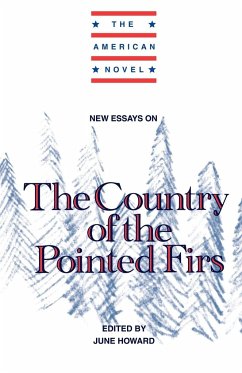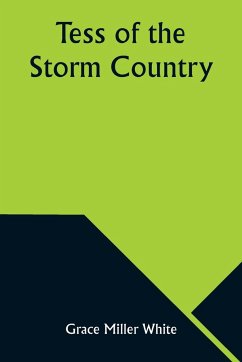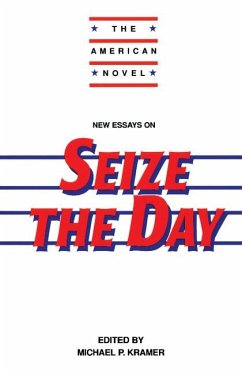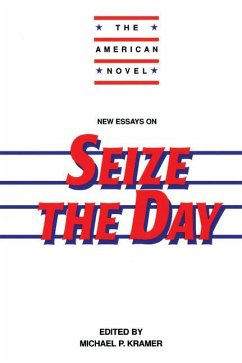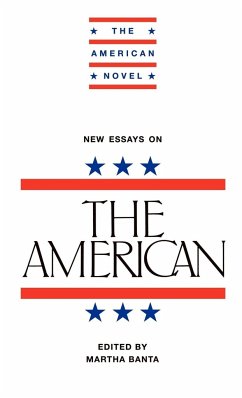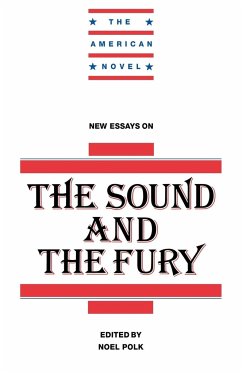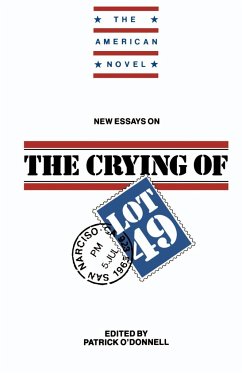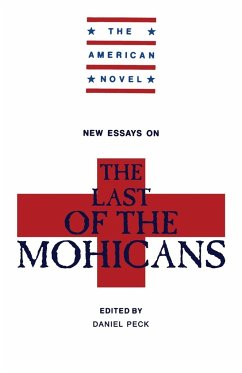
New Essays on the Country of the Pointed Firs
Versandkostenfrei!
Versandfertig in 1-2 Wochen
53,99 €
inkl. MwSt.

PAYBACK Punkte
27 °P sammeln!
The American Novel series provides students of American literature with introductory critical guides to the great works of American literature. Each volume begins with a substantial introduction by a distinguished authority on the text, giving details of the novel's composition, publication history, 2nd contemporary reception, as well as a survey of the major critical trends and readings from first publication to the present. This overview is followed by a group of new essays, each specially commissioned from a leading scholar in the field, which together constitute a forum of interpretative m...
The American Novel series provides students of American literature with introductory critical guides to the great works of American literature. Each volume begins with a substantial introduction by a distinguished authority on the text, giving details of the novel's composition, publication history, 2nd contemporary reception, as well as a survey of the major critical trends and readings from first publication to the present. This overview is followed by a group of new essays, each specially commissioned from a leading scholar in the field, which together constitute a forum of interpretative methods and prominent contemporary ideas on the text. There are also helpful guides to further reading. Specifically designed for undergraduates, the series will be a powerful resource for anyone engaged in the critical analysis of major American novels and other important texts. Feminist literary criticism has fundamentally revised our understanding of Sarah Orne Jewett and The Country of the Pointed Firs. What Jewett's place in American literature will be at the end of the twentieth century remains to be seen, however, and the essays in this volume offer a radically revised view of her significance. Building on feminist analyses of Jewett's role in the female literary culture of her day, the distinctive formal qualities of her fiction, and the importance of her subject matter, the essays also historicize Jewett's work in the frames of reference that have emerged as important in recent critical study. Most strikingly, they reveal how deeply racialized and nationalist are the categories through which Jewett - as a participant in the culture industry and a highly successful writer negotiatinggendered institutions - constructs her local solidarities. The currently received ways of understanding Jewett - as a regionalist and as a woman writer - are unified in an account of her involvement in the process through which a national culture was constructed at the turn of the century. Less celebratory than feminist criticism of Jewett has been so far, the essays in this volume are nevertheless deeply respectful of her craft and seriousness. As a group they present the most historically informed and critically appreciative readings of The Country of the Pointed Firs published to date.





